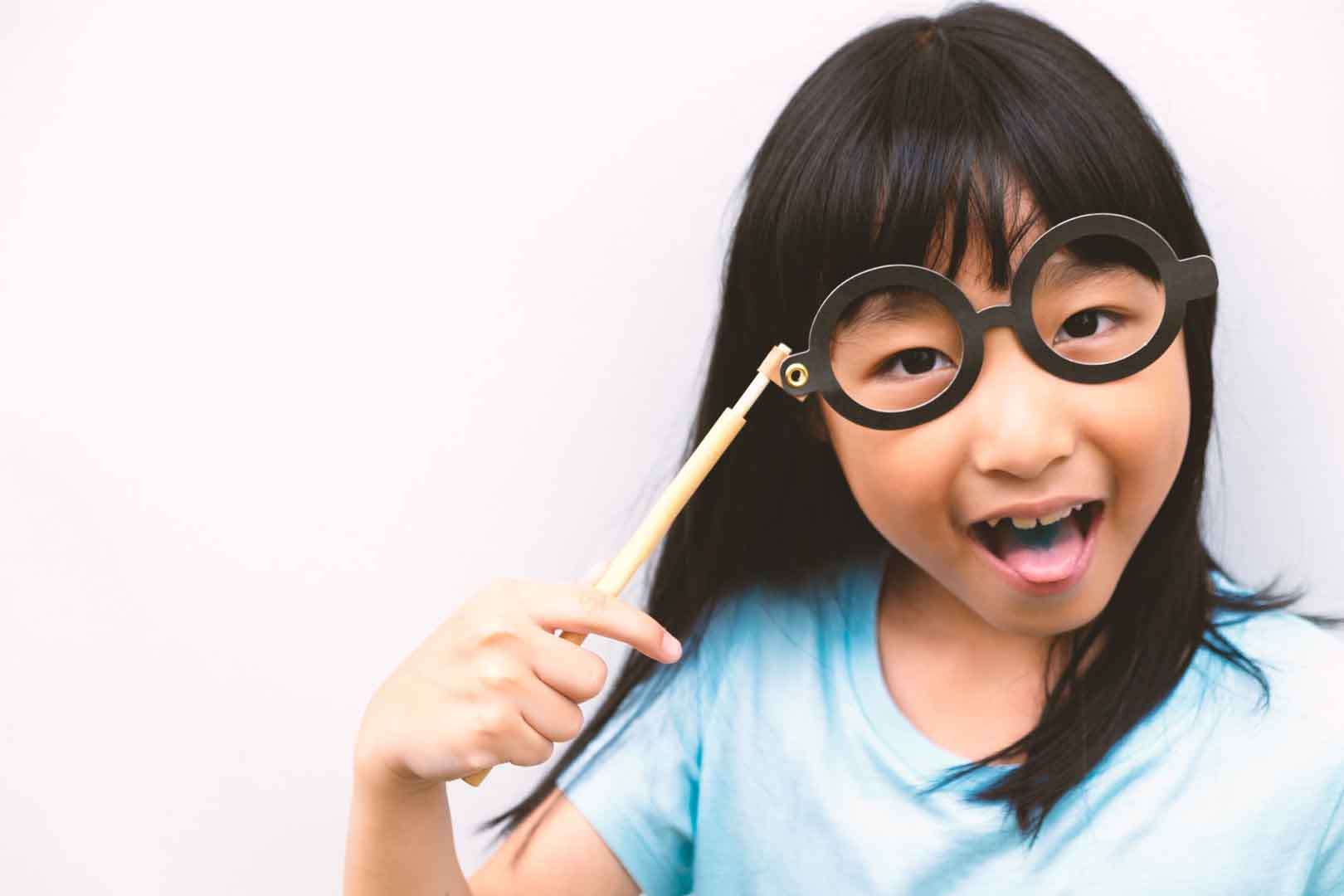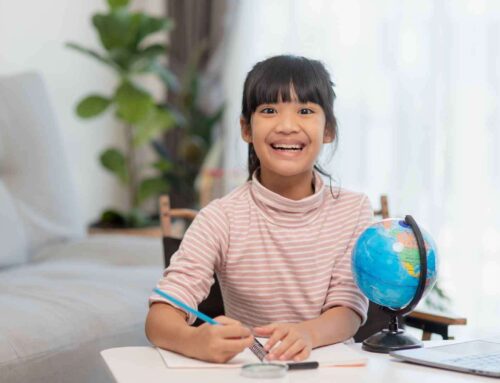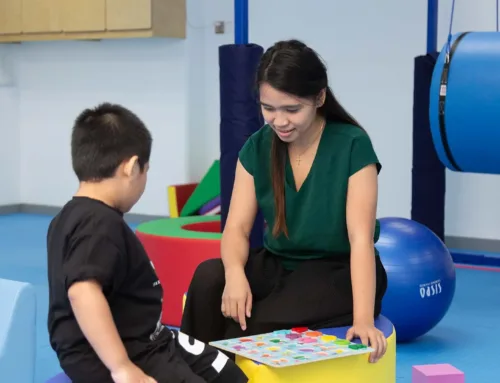Laughter may be one of the most overlooked tools in child development. For children with special needs, playfulness and humor aren’t just entertaining—they’re essential. Smiling, joking, making silly faces, and pretending are all social acts that help build communication, trust, and connection.
At OrbRom Center in Phnom Penh, we integrate humor and imagination into our therapy and educational programs because we understand how powerful they are in helping children form bonds, regulate emotions, and practice real-life social interaction.
Why Humor and Play Matter in Special Education
Children with autism, ADHD, or language delays often struggle with interpreting social cues, expressing emotion, or reading facial expressions. Engaging in playful, joyful interaction:
-
Encourages joint attention
-
Strengthens perspective-taking (understanding how others feel)
-
Enhances expressive and receptive language
-
Promotes positive peer interaction
-
Builds emotional resilience
Humor opens doors where pressure closes them. It creates an inviting, safe space where children can explore and engage.
The Science Behind Smiling and Laughing
When children laugh, their brains release endorphins and dopamine—feel-good chemicals that reduce stress and enhance learning. Humor also:
-
Improves memory retention
-
Boosts engagement in academic and therapy sessions
-
Encourages flexible thinking, which is often difficult for neurodivergent learners
That’s why, at OrbRom Center, a therapy session might include a silly puppet, a joke about a dinosaur, or a pretend game about visiting the moon. These interactions are purposeful and deeply therapeutic.
Fun Ways to Promote Social Skills Through Play
Families in Phnom Penh can use humor and imagination at home to develop essential social skills in natural, engaging ways. Here’s how:
1. Silly Storytelling
Take turns making up silly stories. Use exaggerated voices, wild characters, or funny plot twists. This builds language skills, attention, and creativity.
2. Pretend Play with Costumes or Props
Create scenarios like “restaurant,” “school,” or “superhero adventure.” Children practice turn-taking, role-playing, and expressive language—core components of social learning.
3. Tell Jokes Together
Start with simple knock-knock jokes or visual humor. Many children with autism enjoy memorizing jokes and sharing them, which supports conversational turn-taking and perspective-taking.
4. Use Playful Routines
Add funny songs or gestures to daily routines like brushing teeth or getting dressed. Humor reduces resistance and increases cooperation.
5. Use Facial Expressions and Mirror Play
Practice silly faces in the mirror together. Ask, “Can you show me surprised? Angry? Silly?” This builds emotional awareness and recognition—skills often delayed in children with autism or developmental challenges.
How OrbRom Center Supports Social and Emotional Growth
At OrbRom Center, social development is embedded in everything we do—from our Preschool Program to Special Needs Intensive Intervention. We believe in structured social play that teaches:
-
Eye contact and shared attention
-
Taking turns and asking for help
-
Understanding facial expressions and tone
-
Initiating and maintaining conversation
We also use tools like visual supports, sensory materials, and puppets to make interactions fun and accessible for children with limited verbal skills.
Families in Phnom Penh can also schedule Assessments to identify specific social-emotional needs and get a personalized plan for building stronger social foundations.
Products That Support Playful Learning
If your child benefits from calming or focus tools during play, consider these helpful items from our Phnom Penh-based Sensory Shop:
-
Noise Cancelling Headphones – minimize sensory overload so children can stay engaged in social settings
-
Weighted Sensory Blanket – helps children calm before or after active group play
-
Sleep Sound Machine – promotes restful sleep, supporting better mood and interaction during the day
Final Thoughts
Playfulness isn’t a distraction—it’s a bridge. It connects children with special needs to others, to learning, and to joy. When we embrace humor and imagination, we’re not just teaching social skills—we’re building trust, resilience, and the foundation for lifelong relationships.
At OrbRom Center in Phnom Penh, we’re proud to support families in bringing more smiles and silliness into their child’s development. Because sometimes, the best therapy starts with a giggle.
We are the only Preschool specialized on children with special needs in PhnomPenh.
- Internationally qualified teachers
- Cambodia’s largest sensory room
- Outdoor swimming pool
- Covered outdoor playground📞 Phone: 077.455.993
Telegram Link: https://t.me/OrbRom







